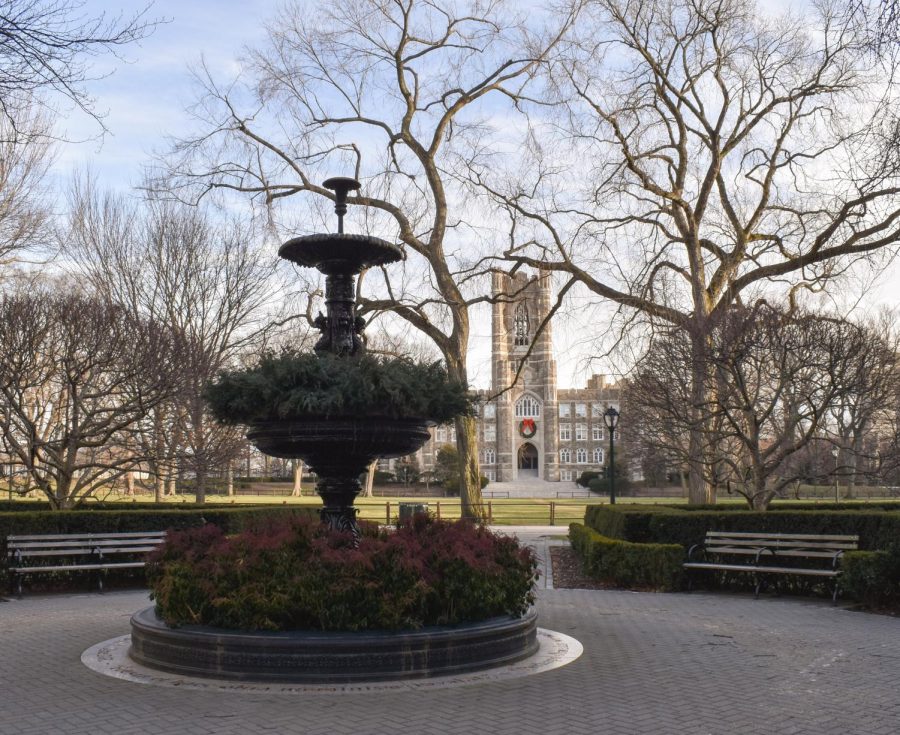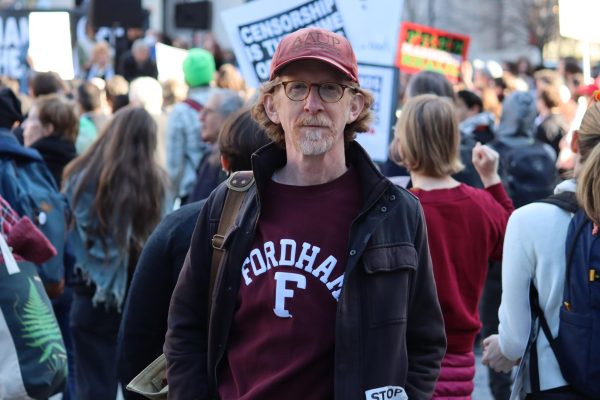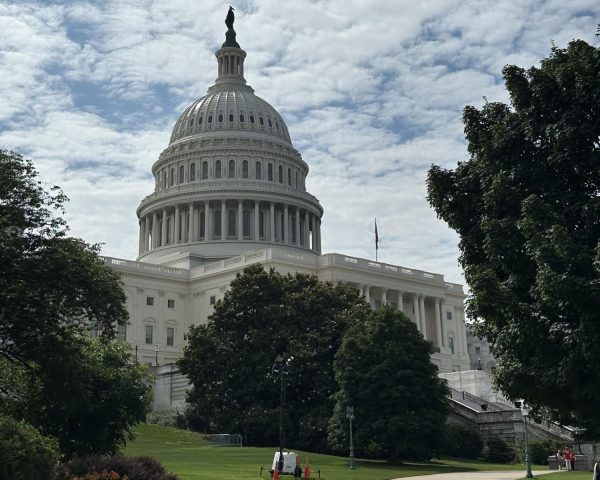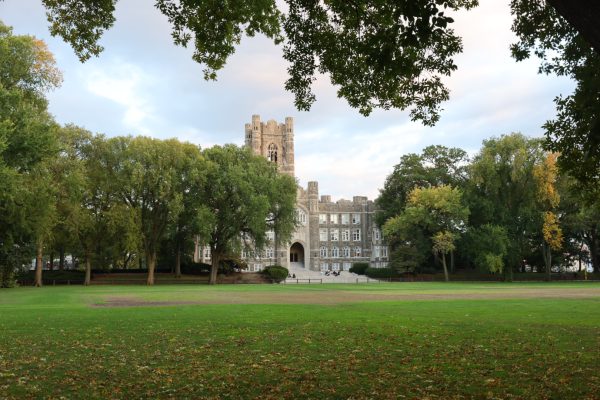Two New Seminars Now Being Taught at Rose Hill
Fordham College at Rose Hill is offering two new seminars for students this semester, “First Generation Seminar: The Hidden Curriculum” and “Where Can The Liberal Arts Take Me?”
“First Generation Seminar: The Hidden Curriculum” is taught by Christie-Belle Garcia, the assistant dean for student support and success. It is a one-credit seminar for students who identify as first-generation.
The course description says it “seeks to promote a sense of belonging, foster connections within the university community and support students in developing and leveraging critical skills for navigating academia.”
When the seminar was originally created, the class limit was 12 students, said Garcia. But, after garnering an overwhelming interest she was able to bring the limit up to 19 students. Within the first 24 hours, the class was full.
The seminar has multiple goals. It gives students a chance to talk about their unique experiences, discuss the literature and best practices for first generation students and work in small groups to design something that can be presented at the end of the semester.
Overall, Garcia sees it as an opportunity for students to dig into the literature and the experience, but also to leave something that can improve the students at Fordham.
Garcia said that one of the topics that they are discussing is imposter syndrome and challenging the idea.
Many of the students say they have never even talked about experiencing imposter syndrome with anyone else because they thought it would lead people to find out that they didn’t belong. The seminar offers a place for first-generation students to discuss challenges such as these and also how their identities and experiences are an asset.
Uziel Dominguez, FCRH ’22, a student taking the seminar, sees it as a chance to discuss his identity as a first-generation student.
“Rather than view the first-gen population as ‘deficient’ or lacking the ‘proper’ knowledge of navigating college, it is important to understand that we have knowledge in other areas: years of translating documents for our parents, helping our younger siblings with their homework and generally learning to survive has given us a different navigational and cultural knowledge than our contemporaries,” said Dominguez. “Our job now is to seamlessly mix these two identities to succeed in academia without relinquishing our authentic selves, which is easier said than done.”
Another important part of the seminar is making sure that everyone is aware of all the ways to succeed in college.
For example, the seminar discusses things like office hours, which might not have been common knowledge for some students.
Things of this nature are often called “the hidden curriculum,” which, if not properly explained, often leads to certain groups of students being at a disadvantage.
According to Garcia, the seminar provides a great place to discuss these aspects of college, and to ensure no assumptions about previous knowledge are being made.
“I am hoping that it will have created a space where they are able to show up authentically. It is important to authentically show up. First-gen students feel like they are going to be found out. I want to make sure that they do feel like they belong and that they know Fordham values them and their experiences,” said Garcia.
The second seminar,“Where Can The Liberal Arts Take Me?” is taught by Brenna Moore, a theology professor at Fordham. It is also a one-credit seminar that gives students the “opportunity to reflect on the power of a liberal arts education, including the way it can lead to meaningful work and have a lasting impact on fulfillment, leadership and success over the course of a lifetime.”
It also discusses the critics of a liberal arts higher education, who argue that a liberal arts education is impractical, and that STEM and business majors as the only way to find success after graduation.
Moore knows from her experience teaching students that it is possible to have successful lives after graduation with a liberal arts degree.
“Sometimes students need some insight into what that might look like for them,” said Moore.
Moore originally wanted to help students see what they could do after graduation by offering evidence and stories, so she invited Fordham alumni, who majored in theology, to come and speak on a panel in 2015.
After the success of the first event, it turned into an annual one with multiple majors.
Eventually, the panel was expanded into a seminar. In addition to guests, the seminar discusses literature surrounding majoring in the arts. According to Moore, the class is reading “The Evidence Liberal Arts Need: Lives of Consequence, Inquiry and Accomplishment” by Richard A. Detweiler.
Moore said that the seminar was meaningful for the alumni who came back to speak because it gave them a chance to look back retrospectively and see what the liberal arts did for them.
“It has been a nice space — professionals reflecting and offering practical advice for students who are interested in moving from a classic kind of liberal arts major to a range of possible professional options to think about post-graduate life in terms of career,” said Moore.
“First Generation Seminar: The Hidden Curriculum” and “Where Can The Liberal Arts Take Me?” are both taking place for the first time this semester, but students have the opportunity to register for the seminars next semester too.
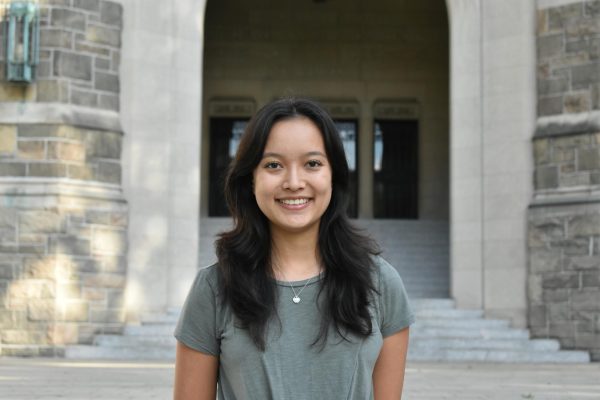
Emma Kim is a junior from Pittsburgh. She is double majoring in economics and English. She started as a contributing writer for news in her freshman year...



































































































































































































